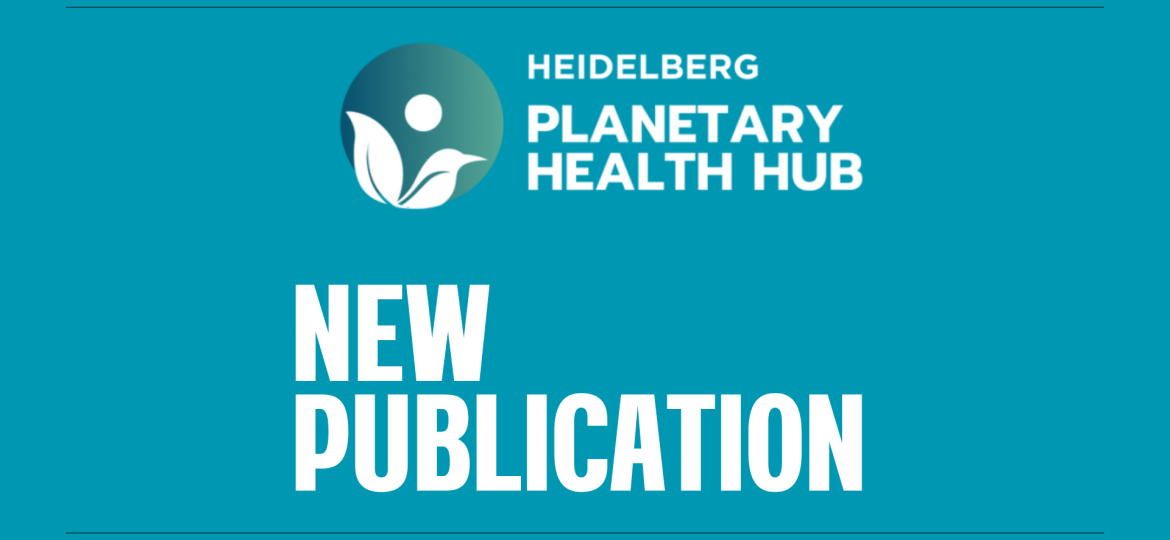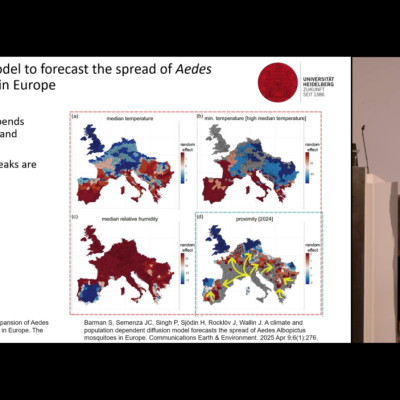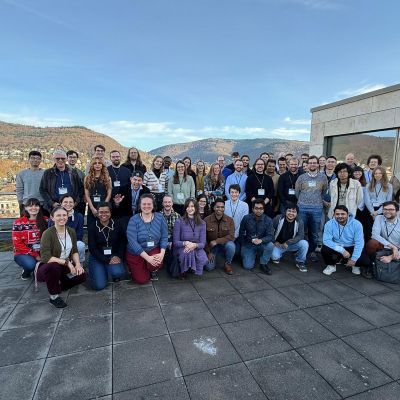In this latest work, Dr. Michael Rogo Opata and colleagues at Hei-Planet identify the key factors driving highly pathogenic avian influenza (HPAI) outbreaks across Europe.Using advanced machine learning models, the researchers predict outbreak events and reveal the most critical environmental, climatic, and biological drivers behind them.
The study lays a foundation for integrating animal, human, and eco-climatic data to build effective pandemic preparedness systems. These models not only help in early detection and monitoring of outbreaks but also support data-driven risk assessments in the face of climate change and changing wild bird migratory patterns
🔗 Read full article here: https://rdcu.be/exaxf








